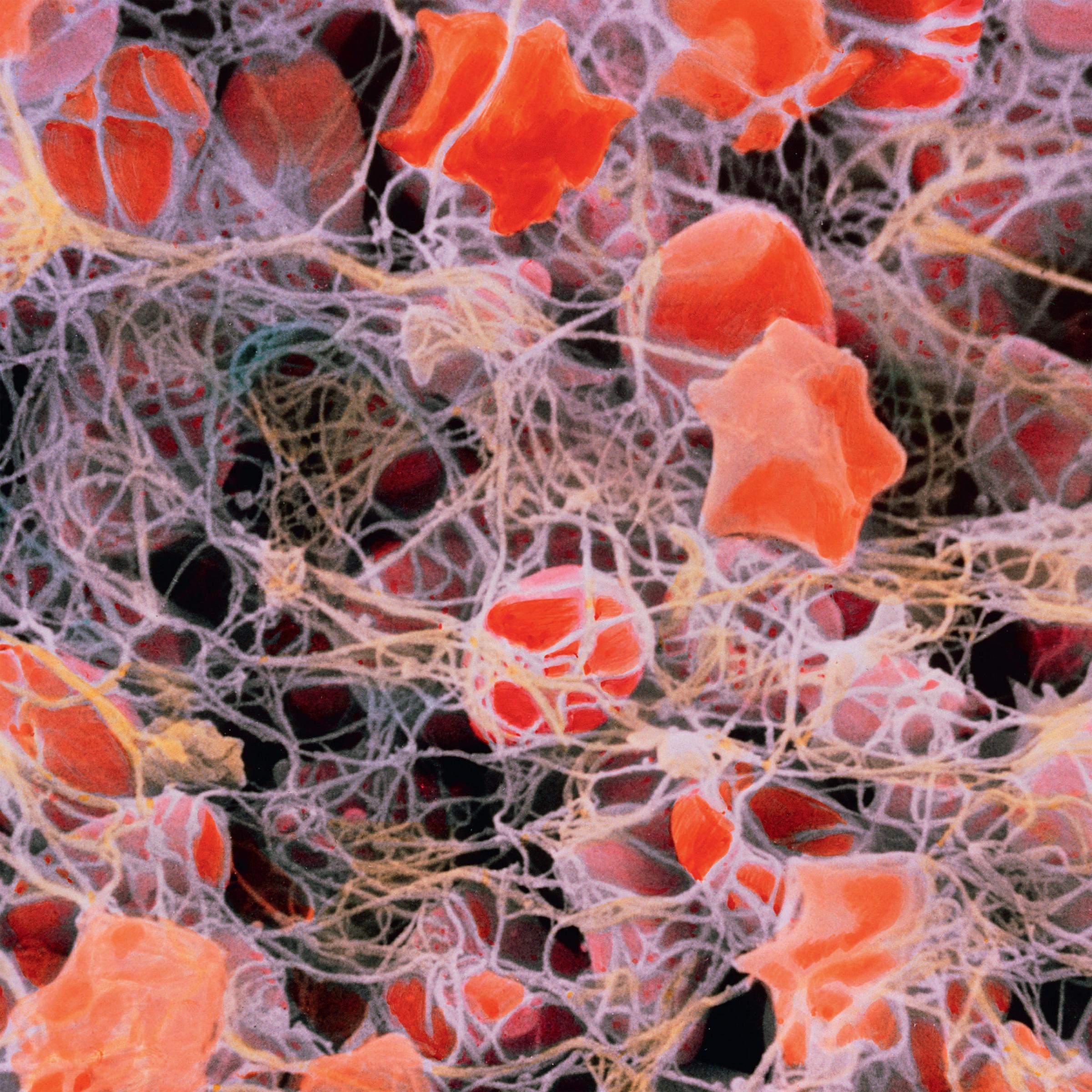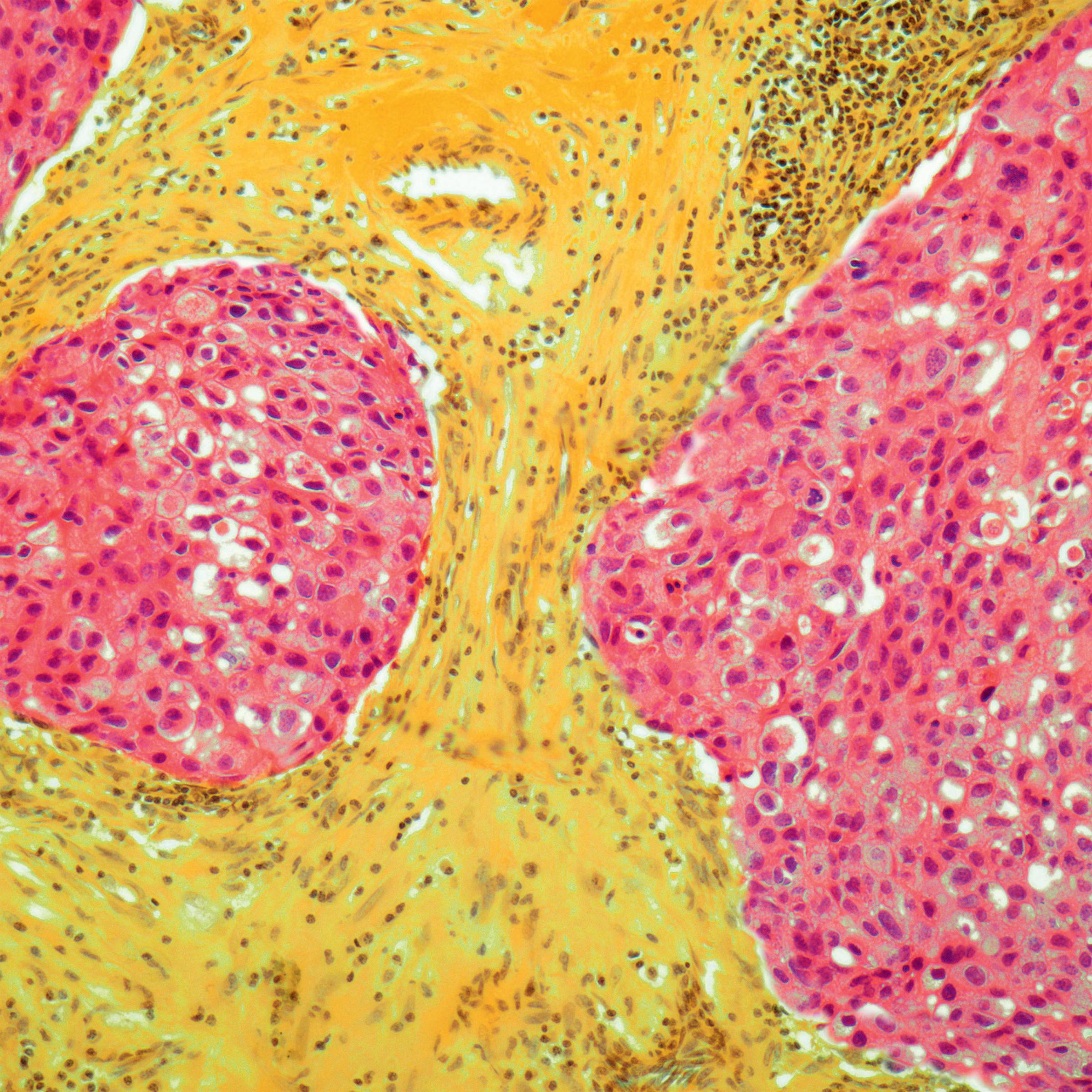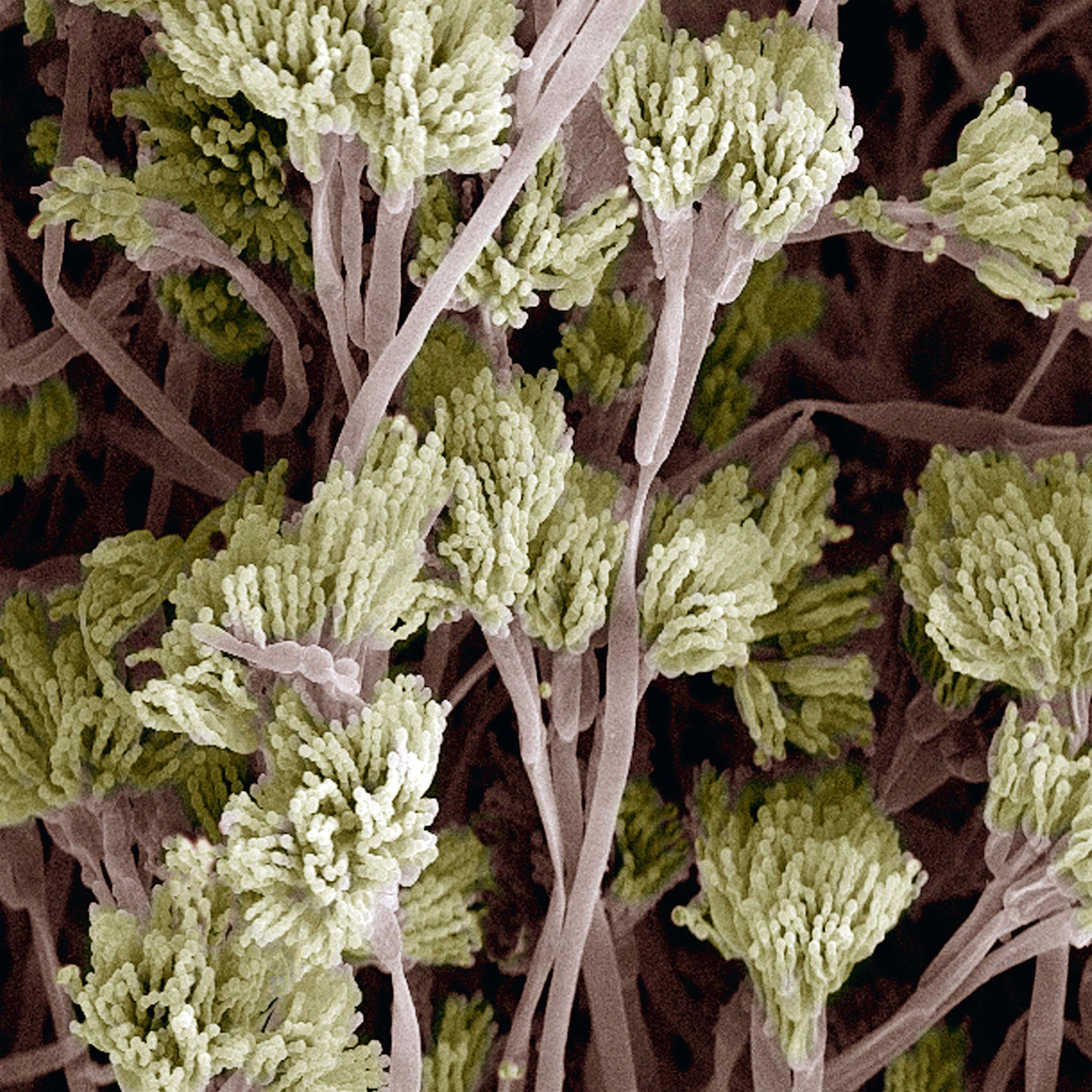
Illness may appear in adulthood because of antibiotic resistance we develop when doctors prescribe us antibiotics as newborns and infants, researchers say.
The antibiotics may alter infant gut bacteria, which are tied to everything from allergies and obesity to infectious diseases, according to a new study published in the scientific journal Cell Host & Microbe.
Researchers from the University of Minnesota found that antibiotics eliminated bacteria in the gut that enabled the growth of allergen-fighting immune cells. Antibiotics were also found to alter critical gut microbiota that determine our vulnerability to a number of infectious diseases.
“Over the past year we synthesized hundreds of studies and found evidence of strong correlations between antibiotic use, changes in gut bacteria, and disease in adulthood,” said the study’s lead author Dr. Dan Knights.
Antibiotics remain the most prevalent drug prescribed to children, accounting for approximately a quarter of all childhood medications. However, around 30% of prescriptions are deemed unnecessary.
“We think these findings help develop a roadmap for future research to determine the health consequences of antibiotic use and for recommendations for prescribing them,” Knights added.
See the Human Body Under a Microscope










More Must-Reads from TIME
- Donald Trump Is TIME's 2024 Person of the Year
- Why We Chose Trump as Person of the Year
- Is Intermittent Fasting Good or Bad for You?
- The 100 Must-Read Books of 2024
- The 20 Best Christmas TV Episodes
- Column: If Optimism Feels Ridiculous Now, Try Hope
- The Future of Climate Action Is Trade Policy
- Merle Bombardieri Is Helping People Make the Baby Decision
Contact us at letters@time.com